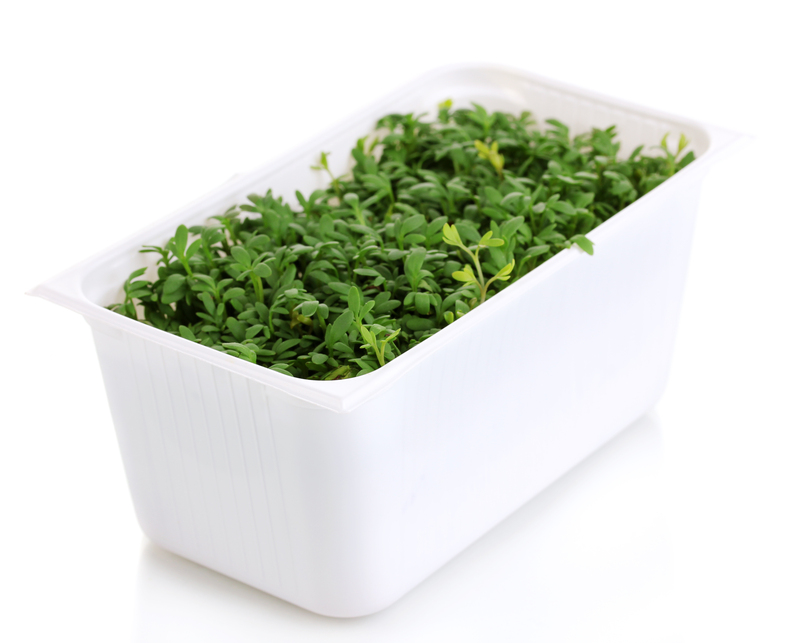
Top 10 Smart Solutions for Reducing Green Waste
With the increasing focus on environmental sustainability, finding effective solutions for reducing green waste has never been more critical. Green waste includes organic waste materials such as grass clippings, leaves, vegetable scraps, and other garden refuse. These materials, if left unprocessed, contribute significantly to landfill pollution. Thankfully, there are several innovative ways to manage and minimize green waste effectively. Below, we explore the top 10 smart solutions for reducing green waste and promote a greener, cleaner planet.
1. Composting
Composting is one of the most efficient methods for reducing green waste. By converting organic materials into nutrient-rich compost, you can improve soil health and reduce landfill waste. Composting involves collecting organic waste materials such as vegetable scraps, garden waste, and even some paper products, which decompose over time. This process can turn what would otherwise be waste into a valuable resource for your garden or community green spaces.
2. Vermicomposting
Another variation of traditional composting is vermicomposting, which involves using earthworms to break down organic waste. This method is ideal for kitchen and garden waste and can be done indoors, making it suitable for urban environments. The worms eat the waste and excrete worm castings, which are a potent form of organic fertilizer.
3. Grasscycling
- Leave grass clippings on your lawn after mowing to decompose naturally.
- Grasscycling not only reduces waste but also fertilizes your lawn, improving its health and color.
- It significantly reduces the need for chemical fertilizers, thus protecting the environment.
4. Mulching
Mulching is the practice of covering the soil with organic materials like shredded leaves, grass clippings, or wood chips. This method helps in retaining soil moisture, suppressing weeds, and gradually adding nutrients as the mulch materials break down.
5. Community Garden Initiatives
Community gardens are fantastic initiatives for reducing green waste. Residents can collaborate to set up composting stations and encourage others to recycle organic waste. These gardens not only help in waste reduction but also promote a strong sense of community and environmental stewardship.
6. Green Bins for Organic Waste
Incorporating green bins for organic waste in urban areas can be a highly effective strategy. With designated bins, citizens have a clear method of separating and disposing of their organic waste, ensuring it is processed appropriately.
7. Edible Landscaping
Replacing ornamental plants with edible ones not only reduces garden waste but also provides fresh produce. Edible landscaping can include fruit-bearing trees, vegetable plants, and herbs, integrating functionality with aesthetics.
8. Seasonal Lawn Care
Practicing seasonal lawn care techniques such as overseeding, aerating, and proper fertilizing can significantly decrease the amount of waste produced. These practices promote healthier lawns and reduce the need for large-scale waste disposal activities.
9. Local Waste Exchange Programs
Waste exchange programs allow communities to swap unwanted organic materials with those who need them--for example, someone might need leaves for compost, while another person has a surplus. This system encourages sharing and reduces overall green waste in landfills.
10. DIY Recycling Projects
Get creative with DIY recycling projects. Organic waste like twigs, branches, and dried leaves can be transformed into craft materials for home and garden projects. Such initiatives can help you reduce green waste substantially while producing something useful and decorative.

Conclusion
Utilizing these top 10 smart solutions for reducing green waste can lead to a significant positive impact on the environment. By incorporating practices like composting, mulching, and community gardening, we can all contribute to a more sustainable and cleaner world. It's time to take conscious steps towards effective green waste management, benefiting both our planet and future generations.